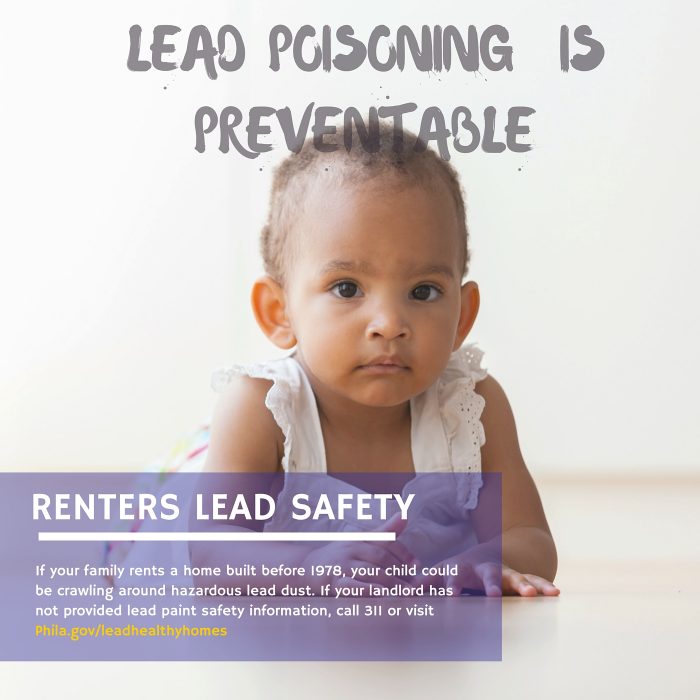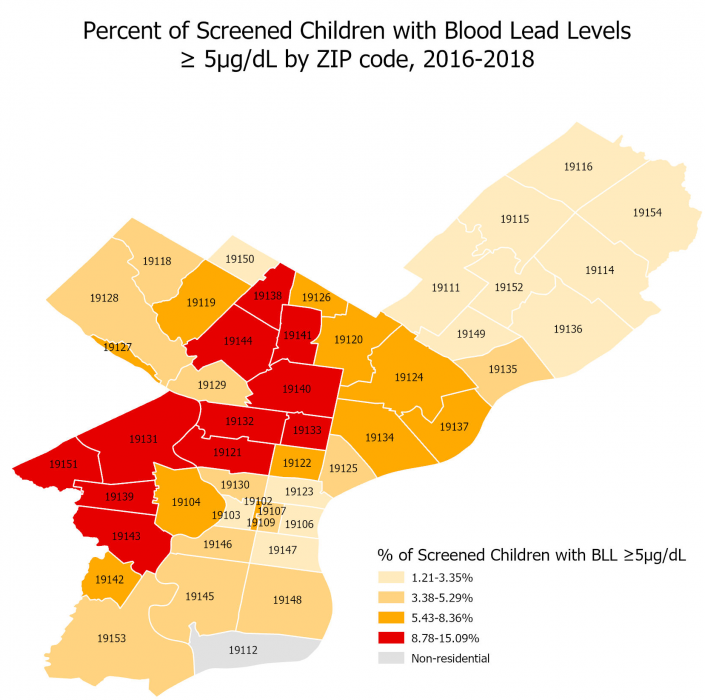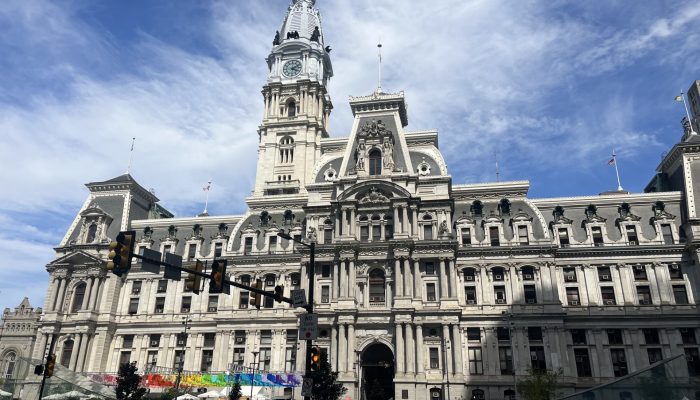Note: This blog post includes outdated information and has been archived. For current information, please visit: Submit lead certification and inspection reports.
Beginning October 1, 2020, landlords will be required to test and certify rental properties as lead-safe or lead-free in order to A) execute a new or renewed lease or B) receive or renew a rental license. The requirement applies to all residential properties, but it will be phased in by zip code over two years. Below are frequently-asked questions about how the law will be applied. More information will be provided closer to the effective date.

Why is it important to test rental properties for lead?
Exposure to lead in childhood can cause learning and behavior problems. Even small amounts of lead can cause harm to the brain and other parts of the nervous system.
What are the new lead certification requirements?
Currently, landlords must test and certify their rental properties as lead-safe or lead-free if a child age 6 or under is residing in the property. Starting on October 1, 2020, all rental properties in eleven Philadelphia zip codes will be required to obtain lead-free or lead-safe certification in order to A) execute a new or renewed lease or B) receive new or renewed rental licenses. The remaining zip codes will be phased in over a two-year period.
Will any rental properties be exempted?
Once a zip code is phased into the law, only college dormitories and properties built after 1978 will be exempted from the lead certification requirement for rental properties.
What if a child age 6 or under lives in the rental property?
Regardless of the zip code, landlords must test and certify rental properties as lead-safe or lead-free if a child age 6 or under lives in the property. The certificates must be provided to the Department of Public Health.
What are the deadlines for properties according to their zip codes?
The requirement of certificates for rental license renewal will be phased in by zip code according to the schedule below:
| License Renewal Date: | October 1, 2020 through March 31, 2021 | April 1, 2021 through September 30, 2021 | October 1, 2021 through March 31, 2022 | April 1, 2022 through September 20, 2022 |
| Zip Codes: | 19121 | 19102 | 19107 | 19103 |
| 19131 | 19104 | 19118 | 19106 | |
| 19132 | 19119 | 19125 | 19111 | |
| 19133 | 19120 | 19128 | 19114 | |
| 19138 | 19122 | 19129 | 19115 | |
| 19139 | 19124 | 19130 | 19116 | |
| 19140 | 19126 | 19135 | 19123 | |
| 19141 | 19127 | 19145 | 19136 | |
| 19143 | 19134 | 19146 | 19147 | |
| 19144 | 19137 | 19148 | 19149 | |
| 19151 | 19142 | 19153 | 19150 | |
| 19152 | ||||
| 19154 |
The zip codes that must be in compliance first have historically had the largest percentage of screened children with elevated blood lead levels, as seen below:

What does it mean if a property is “certified lead-safe” under this law?
A certification that a property is lead safe means that a certified lead dust sampling technician or a licensed lead inspector-risk assessor has: 1) determined the property is free of deteriorated, flaking, chipping, peeling, chalking or not-intact paint, and 2) interior dust samples were collected, tested, and found not to contain hazardous levels of lead-contaminated dust.
Who can complete a lead-safe certificate?
The law requires that the certificate must be completed by an EPA certified lead dust sampling technician or a PA licensed lead inspector-risk assessor. Philadelphia has a number of lead dust sampling technicians and companies who can conduct the tests needed for lead safe certifications.
What does it mean to be lead free under this law?
A property is considered lead free where the property has been certified by a licensed lead risk assessor that it does not have any lead-based paint based on EPA/HUD standards. This certificate is valid indefinitely.
What must I do if the dust wipe tests indicate that the property is not lead-safe?
The property must be remediated by a contractor certified by the EPA in Renovation, Repair, and Painting (RRP). In many cases, remediation will involve wet sanding and repainting of paint that is peeling or chipping. Because this remediation can create lead-containing dust, no one other than other than RRP-certified contractors should be present in the property during the work. After the property is remediated, it must be tested again to assure that the remediation has rendered the property lead-safe.
What do I need to do to show I’ve complied with the law?
Currently, you must mail, fax, or scan and email a copy of the certificate, and (for the lead safe properties) include a copy of the dust wipe test results, to:
Lead and Healthy Homes Program
Philadelphia Department of Public Health
2100 West Girard Avenue, Building #3
Philadelphia, PA 19130-1400
FAX #: 215-685-2978
Email: lead.cert@phila.gov
The Philadelphia Department of Public Health is developing a portal for online submission of certificates and dust wipe results and will post instructions on how to use this portal as soon as it is available.



